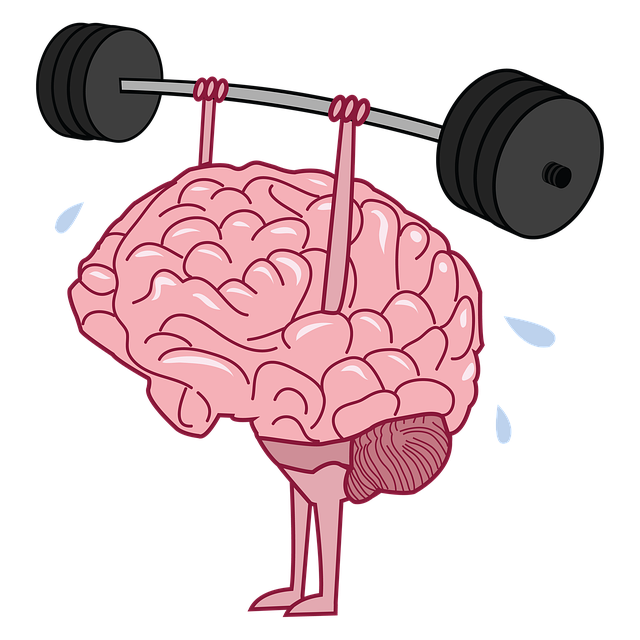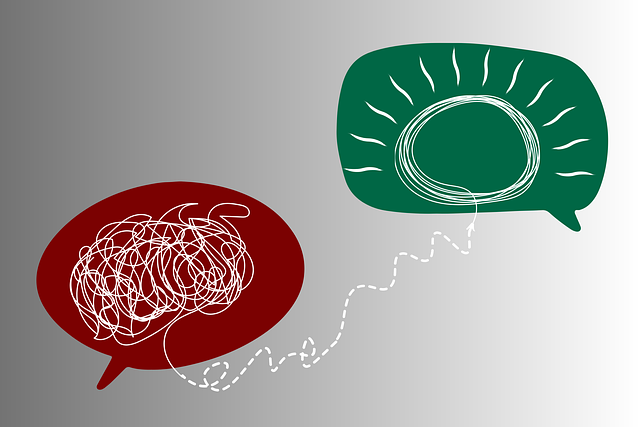Westminster Autism Spectrum Disorder (ASD) Therapy offers a comprehensive mental health education program, focusing on evidence-based strategies to improve social skills, communication, and overall well-being. Key components include Social Skills Training for coping mechanisms and Public Awareness Campaign development to reduce stigma. Curriculum development emphasizes diagnosis awareness, stress reduction, and emotional healing processes, utilizing interactive sessions and case studies. Stress Management Workshops teach practical techniques. Personalized approaches, using visual aids and varied teaching methods, cater to diverse needs. Evaluation through robust assessment tools ensures knowledge retention, with continuous post-program support like podcast series to maintain positive changes.
“Unveiling effective mental health education programs begins with understanding foundational approaches like Westminster Autism Spectrum Disorder (ASD) Therapy. This comprehensive guide explores a multi-faceted program design, leveraging ASD therapy principles for broader student mental well-being. We delve into curriculum creation, implementation strategies, and evaluation methods, ensuring engagement and positive outcomes. By integrating these strategies, schools can foster robust mental health support systems, cultivating resilient and thriving students.”
- Understanding Westminster Autism Spectrum Disorder Therapy: A Foundation for Education
- Curriculum Development: Creating a Comprehensive Mental Health Program
- Implementation Strategies: Reaching and Engaging Students Effectively
- Evaluation and Support: Measuring Success and Providing Continuous Care
Understanding Westminster Autism Spectrum Disorder Therapy: A Foundation for Education

Westminster Autism Spectrum Disorder (ASD) Therapy serves as a robust foundation for designing comprehensive mental health education programs. This therapeutic approach recognizes the unique challenges and strengths associated with ASD, fostering an inclusive learning environment that caters to diverse needs. By employing evidence-based strategies tailored to individuals on the spectrum, Westminster ASD Therapy promotes social skills development, enhances communication, and improves overall well-being.
Incorporating these principles into mental health education programs design is pivotal. Social Skills Training, a key component, equips students with essential coping mechanisms and interaction techniques. Public Awareness Campaigns Development further broadens understanding and reduces stigma, fostering empathy and support within the broader community. This holistic approach ensures that education goes beyond textbook knowledge, empowering individuals to navigate social environments with confidence and promoting an inclusive society.
Curriculum Development: Creating a Comprehensive Mental Health Program

Curriculum development is a vital step in designing an effective mental health education program. When creating such a program, especially for organizations like Westminster Autism Spectrum Disorder Therapy, it’s crucial to address various aspects of mental well-being. The curriculum should be comprehensive, covering not just diagnosis and awareness but also practical strategies for stress reduction methods and emotional healing processes. Incorporating interactive sessions, case studies, and group discussions can enhance learning outcomes.
In terms of organization, Stress Management Workshops can be a game-changer. These workshops can teach participants effective stress reduction techniques, fostering a healthier mindset. By combining theoretical knowledge with practical tools, the program becomes more engaging and impactful. This approach ensures that individuals leave the program equipped with valuable skills to navigate their mental health journeys, whether it’s managing daily stressors or understanding complex emotional healing processes.
Implementation Strategies: Reaching and Engaging Students Effectively

Implementing a mental health education program requires strategic approaches to reach and engage students effectively. One key strategy is to integrate accessible and engaging resources tailored to diverse learning needs. For instance, including visual aids, interactive activities, and varied teaching methods can cater to students with different learning styles, such as those on the autism spectrum. At Westminster Autism Spectrum Disorder Therapy, we understand the importance of personalized approaches in creating an inclusive learning environment.
Additionally, incorporating practical tools like Trauma Support Services, confidence-boosting exercises, and mental wellness journaling can empower students to take charge of their mental health. These strategies not only enhance self-awareness but also provide students with coping mechanisms they can utilize throughout their academic journey and beyond. By combining innovative teaching methods with evidence-based practices, educators can effectively foster a supportive atmosphere that encourages open conversations about mental wellness.
Evaluation and Support: Measuring Success and Providing Continuous Care

Evaluation is a crucial step in determining the effectiveness of any mental health education program, especially those tailored for professionals dealing with complex cases like Westminster Autism Spectrum Disorder Therapy. By implementing robust assessment tools, programs can measure the knowledge retention and skill application of participants. This data-driven approach ensures that the curriculum aligns with the needs of the healthcare providers. Continuous support post-program is equally vital to sustain the positive changes. Offering ongoing resources, such as a Mental Wellness Podcast Series Production, allows professionals to stay engaged and equipped with the latest strategies for managing stress and preventing burnout, which are significant concerns in the healthcare sector.
Regular feedback mechanisms should be in place to facilitate open communication between educators and participants. This feedback loop enables the refining of the program content and delivery methods, ensuring its relevance and adaptability over time. Through comprehensive evaluation and sustained support, mental health education programs can foster long-lasting positive outcomes, benefiting both healthcare providers and the individuals they serve.
Westminster Autism Spectrum Disorder (ASD) Therapy provides a robust foundation for inclusive mental health education. By integrating this evidence-based approach, curriculum developers can create dynamic programs that cater to diverse student needs. Effective implementation strategies ensure accessibility and engagement, while rigorous evaluation and ongoing support guarantee the program’s success in fostering resilience and well-being among all learners. Embracing these comprehensive steps paves the way for a more supportive and inclusive educational environment.














